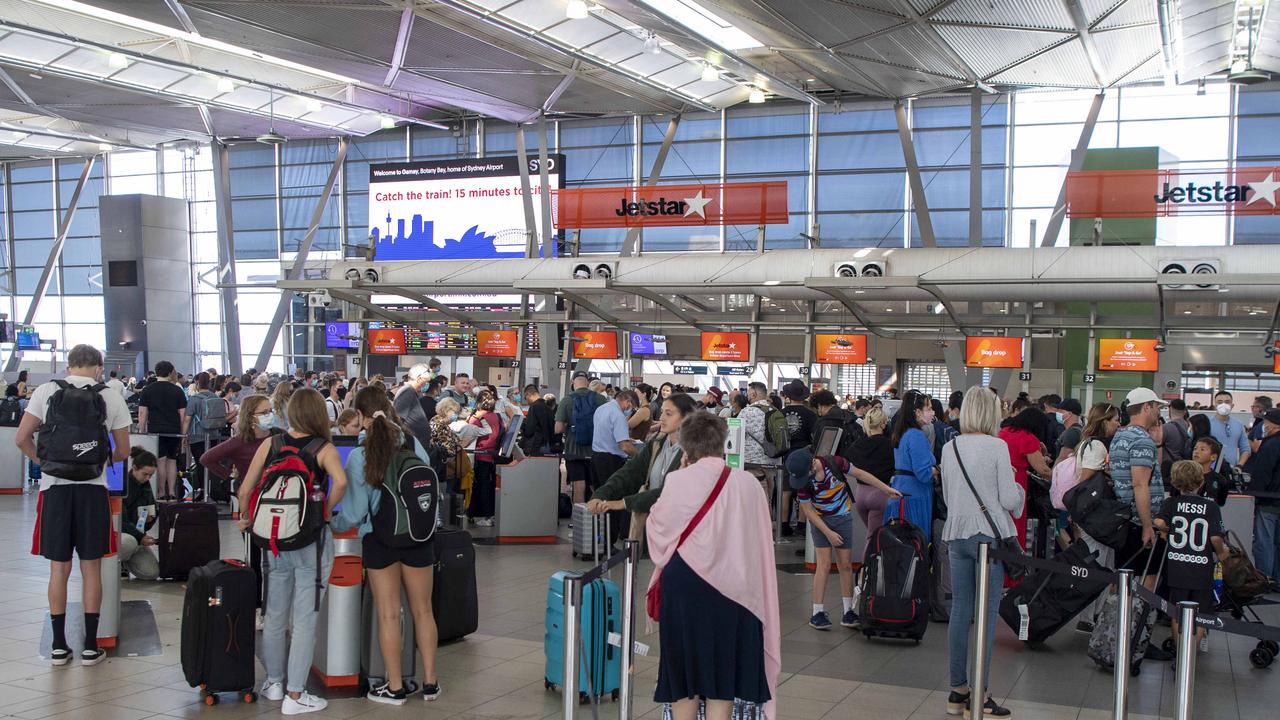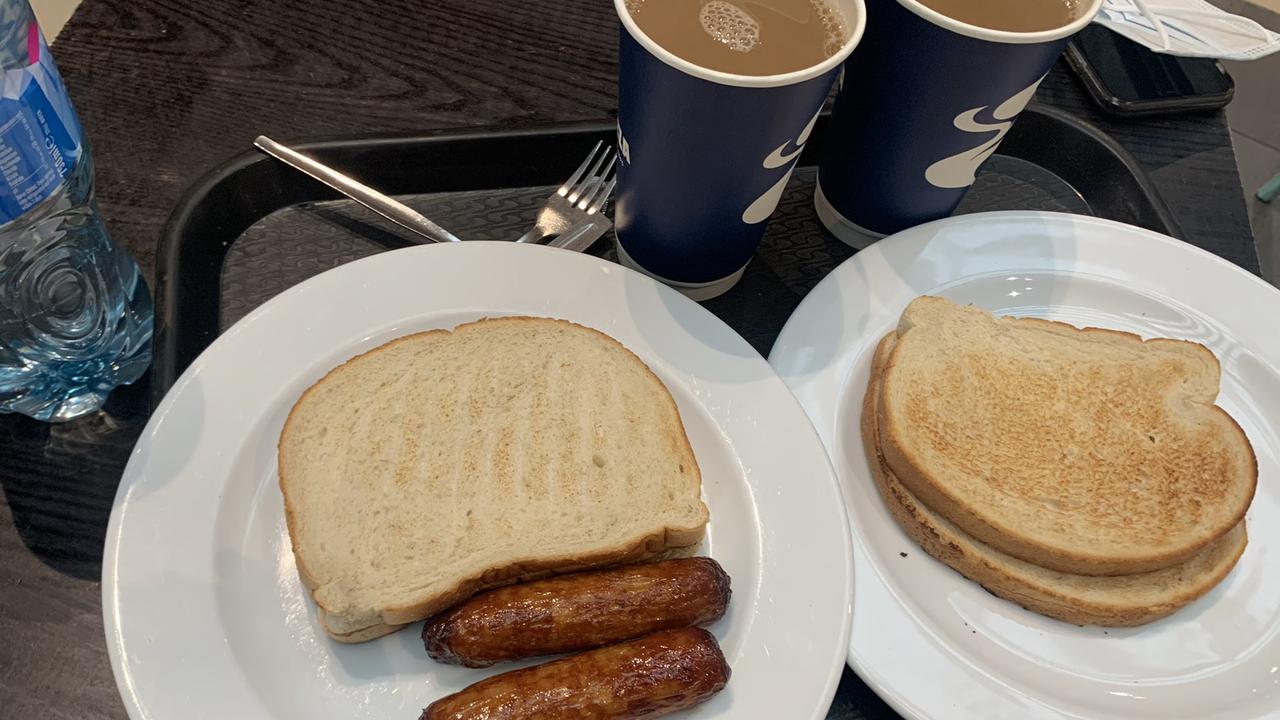Industry leaders call for clarity on a major stumbling block that threatens all international travel
International travel will hopefully resume in mid-December, but will countries recognise all three of Australia’s Covid-19 vaccines?
Travel News
Don't miss out on the headlines from Travel News. Followed categories will be added to My News.
The Morrison government must clarify the vaccines it will recognise when international flights resume - and if Australia’s Covid-19 inoculations will be acknowledged worldwide, industry leaders have declared.
There are growing concerns that international travel will be clipped because some countries will not allow tourists to enter if they have not had a vaccine approved by their own health authorities.
In June, Canadians, who had received AstraZeneca, which is not approved by the US Food and Drug Administration, were denied entry to a Bruce Springsteen concert in New York.
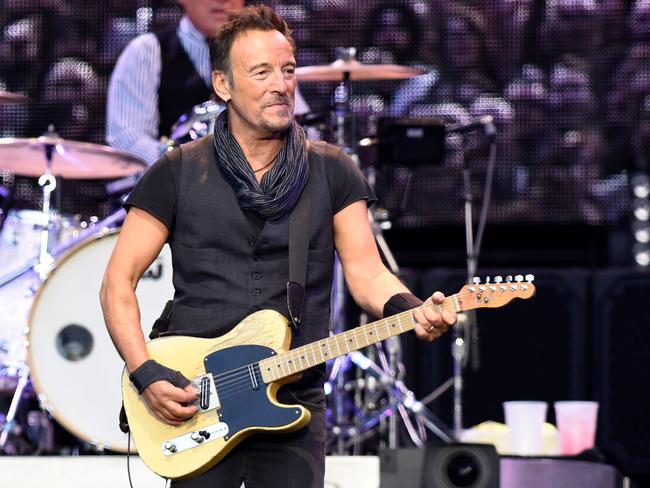
The US Centres for Disease Control and Prevention later overruled that, saying it approved all World Health Organisation emergency use listing vaccines, which includes AstraZeneca, according to Canadian newspaper The Toronto Star.
The problem that confronted Canadians on that night could easily face Australian travellers anywhere in the world when borders reopen, said Immunisation Coalition chairman Rod Pearce.
He said there was evidence to suggest Chinese vaccines Sinovac and Sinopharm had an inferior efficacy rate to Pfizer and he questioned if Russia’s Sputnik vaccine would be recognised in Australia.
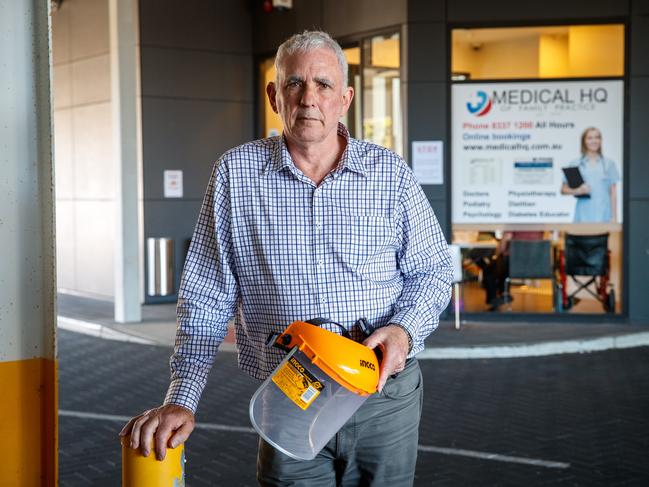
Dr Pearce said Chinese and Russian vaccines were not approved in Australia, and while that did not mean they were not effective, there needed to be clarity on what would be recognised when borders reopened.
“The difficulty is that if a vaccine is not registered in a country, there needs to be some specific recommendations on processes made,” he said.
“I think most of us want to preserve the right for each country to be able to maintain standards and set its own criteria and that is always going to be a problem.
“Sinovac is only about 50 per cent effective and I haven’t seen any formal review of the Sputnik vaccine. Most of us are waiting to see trials and read the data before we are satisfied that they are good vaccines.
“There’s possibly another five or six vaccines that are going to end up in use around the world and the question is, will we recognise them in Australia?”
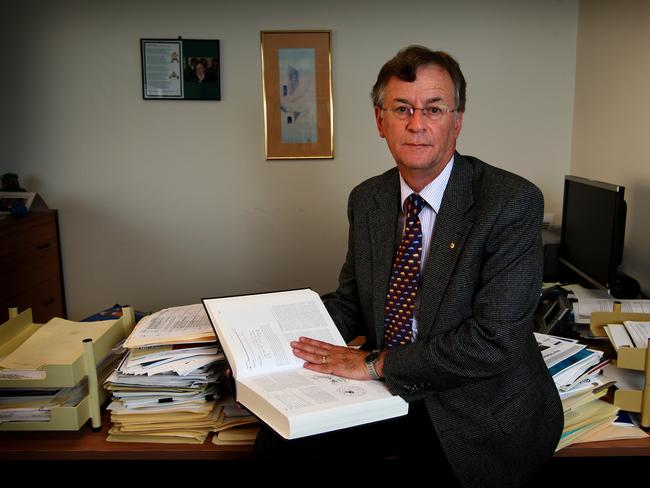
Returning ex-pats or arriving international tourists who have had a Chinese vaccine may need to go into hotel quarantine, said Professor Peter Collignon, an infectious diseases professor at the Australian National University.
He said they could also need a booster shot as preliminary indications suggested the vaccine was not as effective at preventing serious illness or death as Pfizer, Moderna and AstraZeneca, which are all approved for use in Australia.”
“The available evidence is that Sinovac doesn’t work as well as AstraZeneca, Pfizer and Moderna,” Professor Collignon said.
“They are better than nothing but their efficacy is lower and that may become an issue.
“It may well be that if you had one of those vaccines that don’t appear to be as good, you may still need to go into hotel quarantine rather than home quarantine and you may need to have a booster shot as well.”
Watching this all play out with deep concern is Tourism and Transport Forum chief executive Margy Osmond.
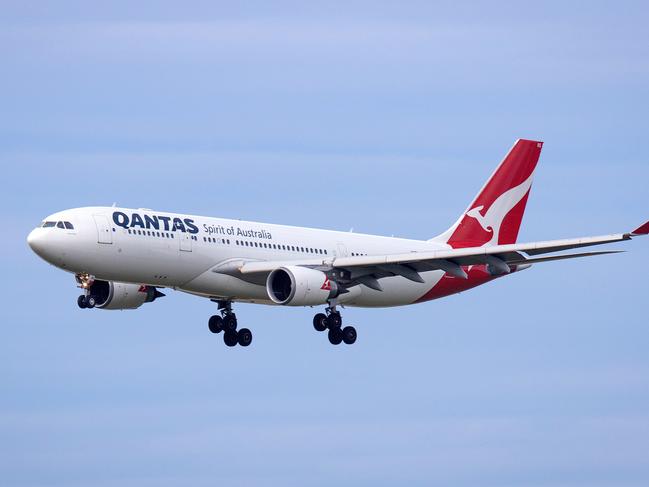
She said a lot of work needed to be done before international borders opened, which could be as soon as December with Qantas flagging it would resume overseas flights in mid-December.
“We need to prepare for the moment when we do open internationally,” she said told 4BC.
“Part of that issue is going to be about, our biggest market has always been China, China is Sinovax largely, is Australia going to accept that vaccination as an appropriate vaccination? Probably, but we don’t know it at this point.
“What about India’s vaccine for example, one of our biggest potential markets?
“There are a whole range of imponderables about what equals a vaccination.”
Originally published as Industry leaders call for clarity on a major stumbling block that threatens all international travel


